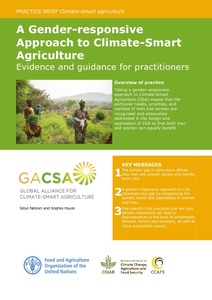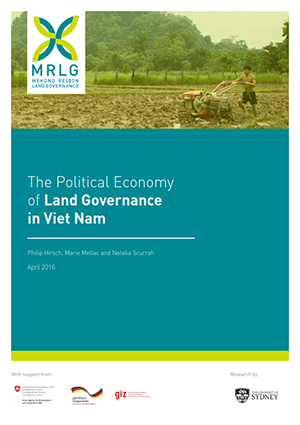Land Measurement Bias and Its Empirical Implications
This paper investigates how land size
measurements vary across three common land measurement
methods (farmer estimated, Global Positioning System (GPS),
and compass and rope), and the effect of land size
measurement error on the inverse farm size relationship and
input demand functions. The analysis utilizes plot-level
data from the second wave of the Nigeria General Household
Survey Panel, as well as a supplementary land validation





